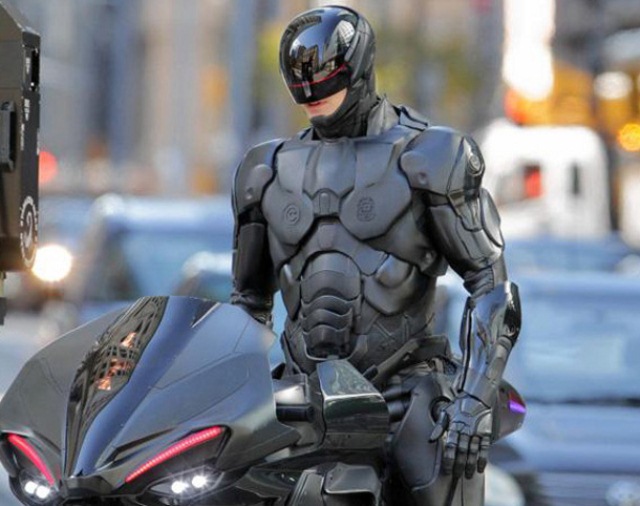Does computers die from old age?
Briefly: Alas, yes. The death of the computer: Nothing lasts forever, and technology is no exception. “People believe that the electronic components do not have the age,” – says Bianca Schroeder, a scientist in the field of computer science at the University of Toronto. Electronics do not have moving parts, so it seems, can not wear. But even a simple memory module consisting of a capacitor and a transistor with time, starts to cough. “It’s a bit surprising, but most computer components that I have seen, have signs of aging,” – says Schroeder.
Nevertheless, experts in reliability know relatively little about the life span of components in the wild. “We have enough information,” – said Schroeder. “People do not normally use a computer long enough to learn grows old and dies if it.” Not to mention the fact that manufacturers do not like to publish your own failures on product testing, and, according to Schroeder, “and they have no idea how these components behave in the field.” Laboratory tests are rarely correspond to the actual conditions – physical effects, temperature variations, dust and accumulation of the real world.
Some well-known facts. In 2014, software engineer Bryan Beach researched data Backblaze, a company that constantly works with about 35,000 hard drives. He found that about 5% of all drives companies fail in the first 18 months of use, most likely due to a manufacturing defect. In the next year and a half, all the surviving drives provide 1.4% breakage. After three years of use, the surviving disks fractured at a frequency above 11%.
Experts call it the “curve baths” due to resemblance chart with bathroom (increasing failure rate at the beginning and end of the service). According to Schroeder, the curve applies only to moving the drive. But the software can also grow old and become irrelevant. Web browsers are starting to “leak” memory, commonly used file systems provide a less efficient access to user data.
Such aging may not lead to direct death (for example, the user can “recover” the system through a reboot), but slow your computer to a snail – so sure. “In some ways, – says Schroeder – it’s like breaking.”



